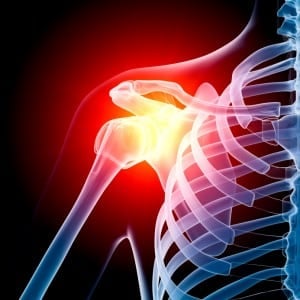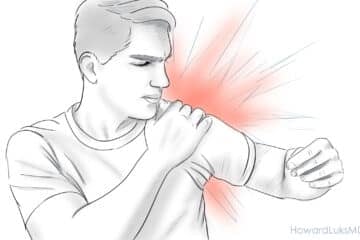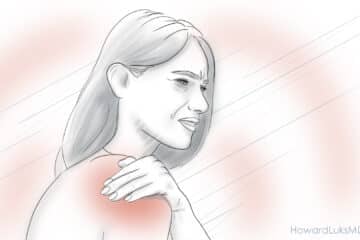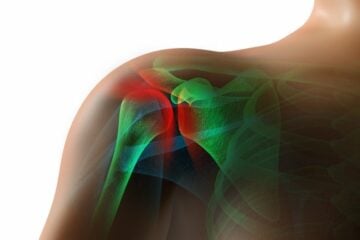
This is one of the best shoulder anatomy videos around. Once you have a better understanding of the anatomy of the shoulder then you can start to explore what might be wrong with it.
Shoulder Anatomy
The shoulder is a very complex structure. This accounts for the reason why the shoulder can be injured easily, and why treatment of certain shoulder issues can be difficult.
This shoulder anatomy video is quite thorough and will provide you with a nice overview of the shoulder and serves a good starting point as you seek to learn more about your shoulder and what the source of shoulder your pain may be.
When you have finished watching this shoulder anatomy video you should have a firm grasp on the bones, muscles, tendons, ligaments, joints, and bursae around the shoulder. Then we can get into particulars about how each can be afflicted to cause you discomfort.
Enjoy this shoulder anatomy video:














Thanks for this video, it was one of the most informative, concise educational videos of shoulder anatomy I have found in searching for info about the weird pains in my shoulder and the limited range of movement I’m currently experiencing. I had 4 months of physio with no real relief. I’m waiting for NZ lockdown to lift before I can get my GP to review.